Atlanta’s Christopher Bailey starts U.S. gold-medal run in 400-meter relay
PARIS — No one could have foreseen a seventh-place finish at the 2023 U.S. national championships setting Chris Bailey on a new career path.
Yet that placement was good enough to put Bailey in the U.S. 4 x 400-meter relay pool. Now the Atlanta native finds himself passing the baton around the world.
“I call myself ‘the Relay Warrior,’” Bailey said. “It’s just something different between being in the open 400 and then having the baton in my hand. I don’t what flips, but something switches and I’m just in a different mindset.”
He had the look to match at the 2024 Paris Olympic Games, wearing cool shades provided by Oakley.
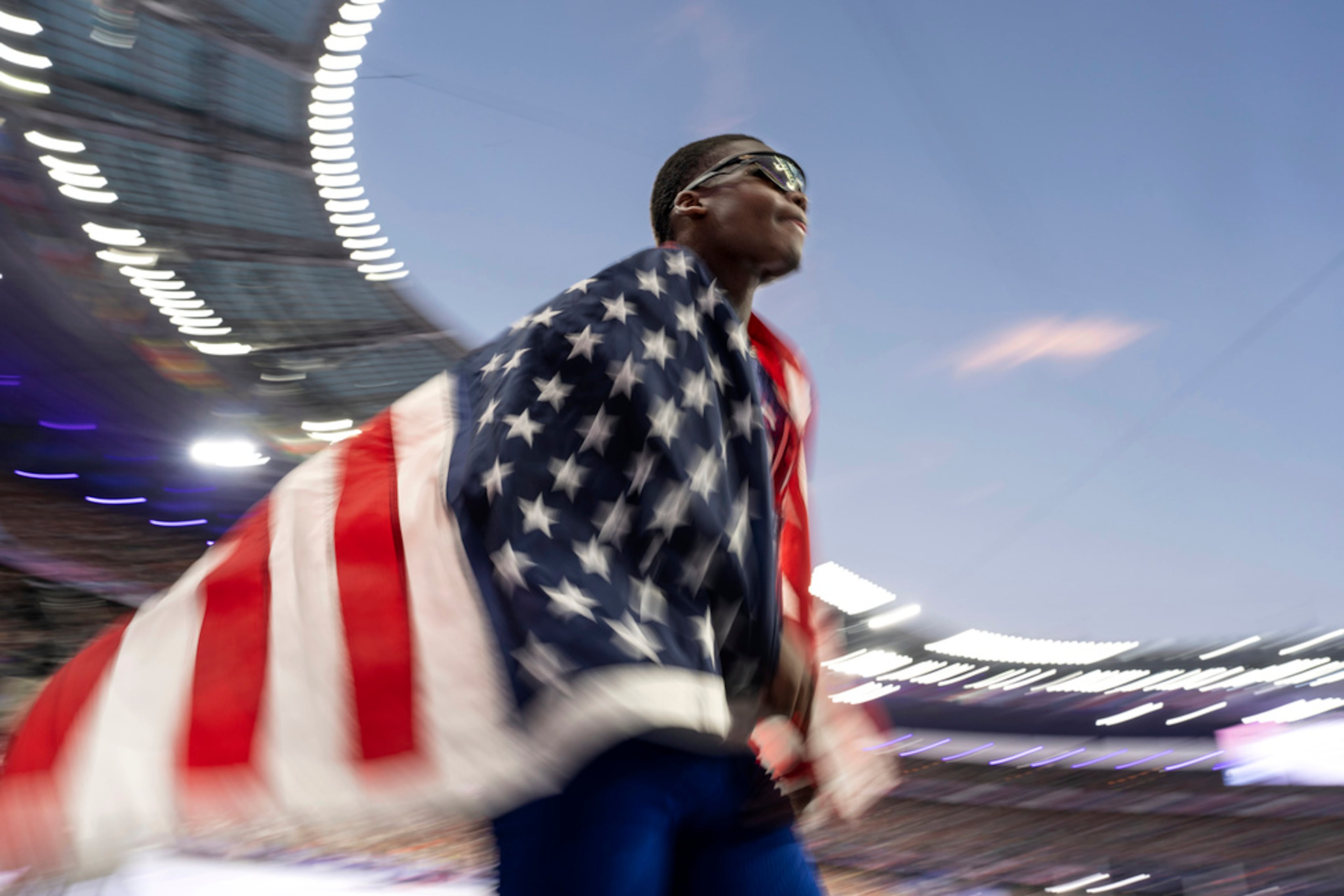
Bailey, 24, ran the leadoff leg on the U.S. 4 x 400-meter relay, which won the gold medal in an Olympic record 2:54.43 at the Stade de France. This was the 19th gold for America in this event at the Games.
Bailey ran a 44.45 split, and passed the baton to Vernon Norwood just .20 behind Botswana.
Norwood clocked 43.30, followed by Bryce Deadmon in 43.50.
Deadmon gave the U.S. the lead, and then Rai Benjamin, fresh off his 400-meter hurdles victory, stepped onto the track as anchor.
Benjamin then had the difficult task of holding off Letsile Tebogo, the new 200-meter champ from Botswana.
“I saw Letsile on the anchor leg, and I was like, ‘Dang, this one is going to be tough,’” said Benjamin, who also won gold three years ago on the Tokyo Olympics relay. “I had to be smart. I couldn’t get out too hot and I couldn’t get out too slow, because the kid has run 19.4, and you don’t play around with people like that.”
In front of a crowd that cheered so loudly it drowned out the public address announcer, Benjamin fought off Tebogo. Benjamin’s time was 43.18 while Tebogo clocked 43.04. However, overall Botswana finished one-tenth of a second slower than the United States.
Great Britain placed third in a race that was one of the fastest relays top to bottom. It featured an Olympic record, three area records and two national records.
Quincy Hall, the 400-meter gold medalist, was not on the team, reportedly due to an injury. Neither was Michael Norman, who has been a star quarter-miler for the U.S. for the past few years.
Meanwhile Quincy Wilson, who ran a leg in the preliminary round, became the youngest male track and field gold medalist.
“I wanted to run for Quincy,” Norwood said. “He put out a significant amount of effort yesterday.”
The race was Bailey’s fifth in a week, a new experience for him. He also competed in the open 400, placing sixth in 44.58. He ran a personal best of 44.31 in the semifinals.
Bailey was the anchor for the U.S. in the 4 x 400 relay preliminary round before moving to leadoff for the final.
His versatility is no doubt appreciated by the U.S. coaches. Bailey has been a fixture on U.S. relays this year. In March, he anchored the American team to the silver medal at the 2024 World Athletics Indoor Championships. He was selected to be part of the U.S. team at the World Athletics Relays in the Bahamas, where the U.S. qualified for Paris.

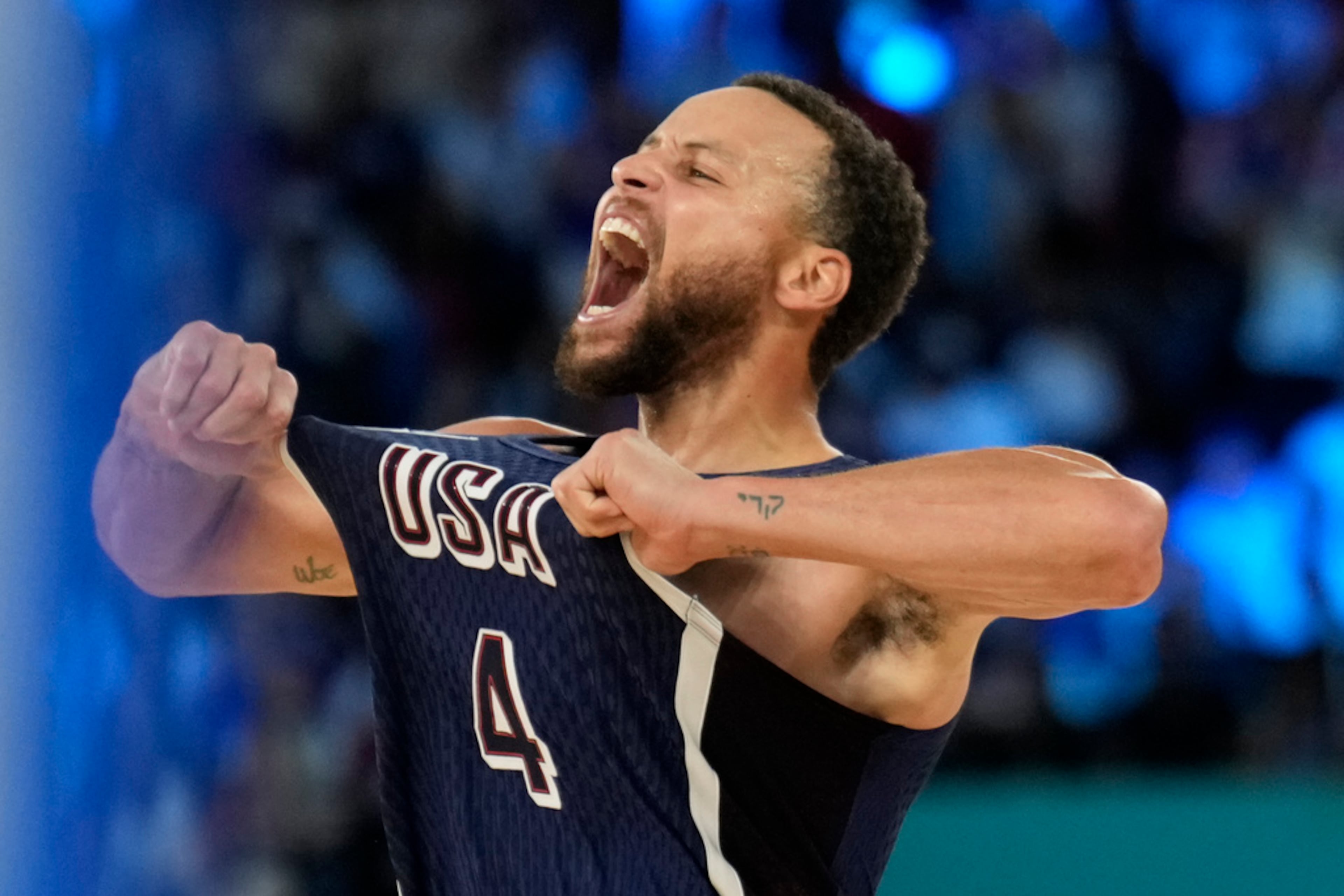


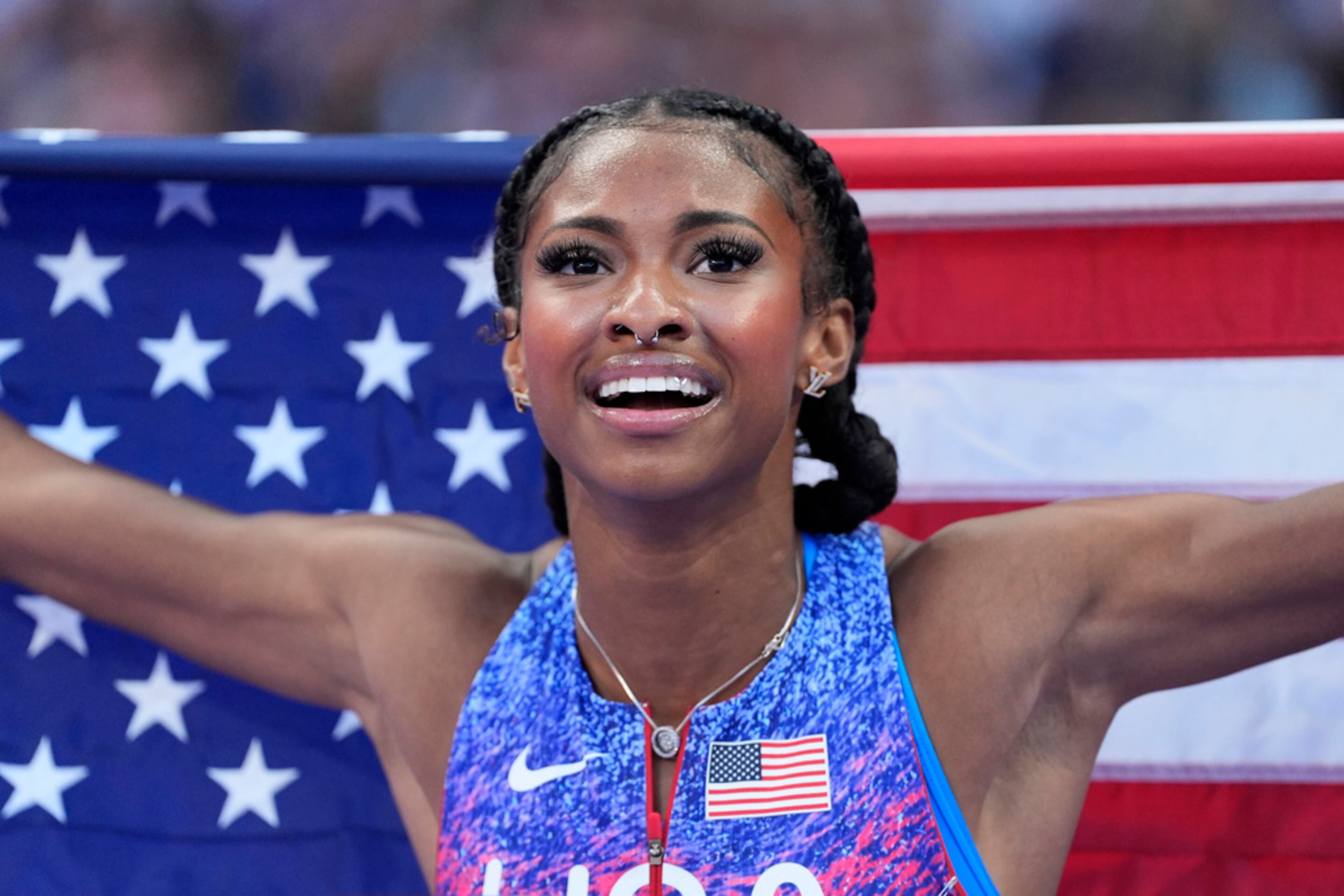




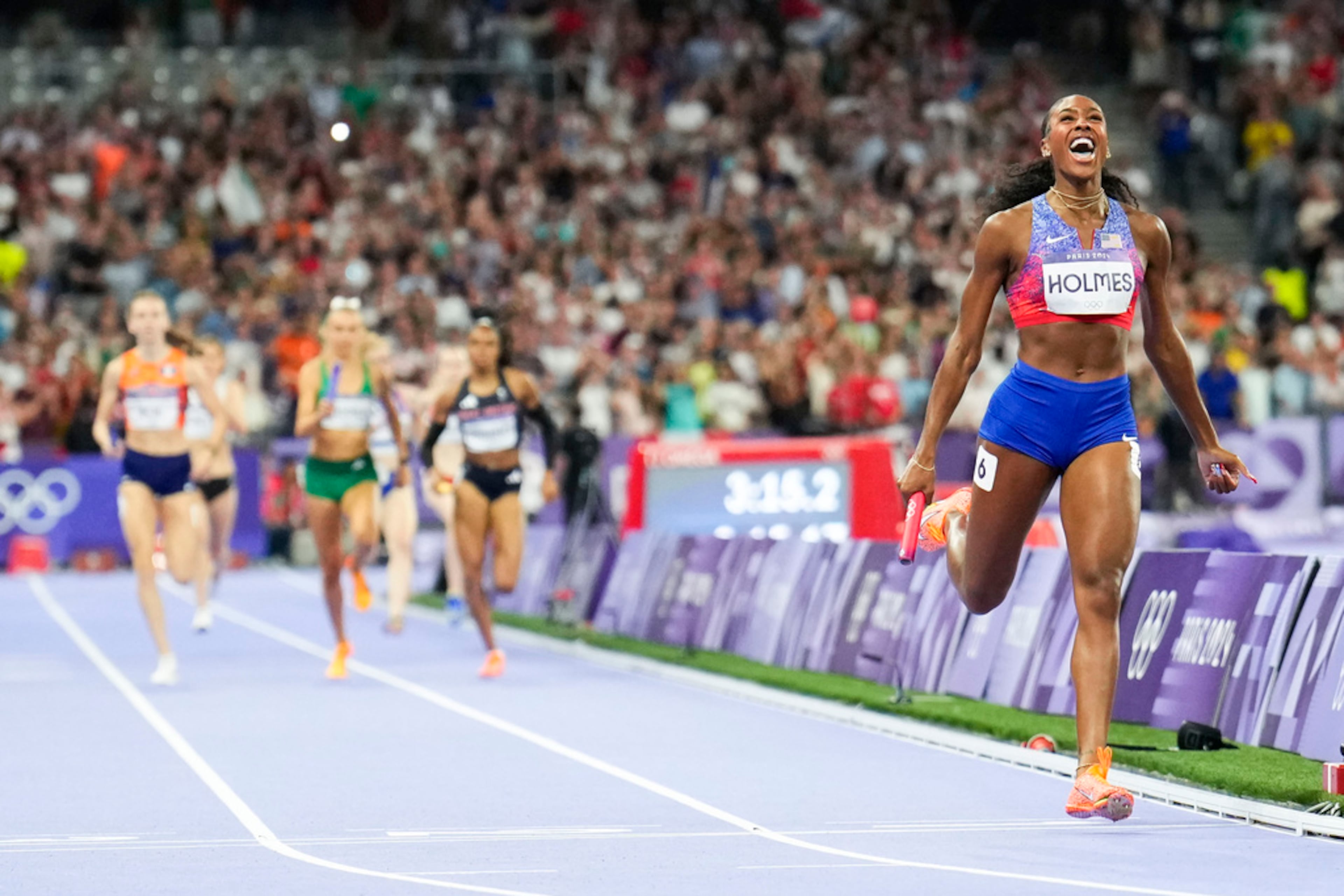





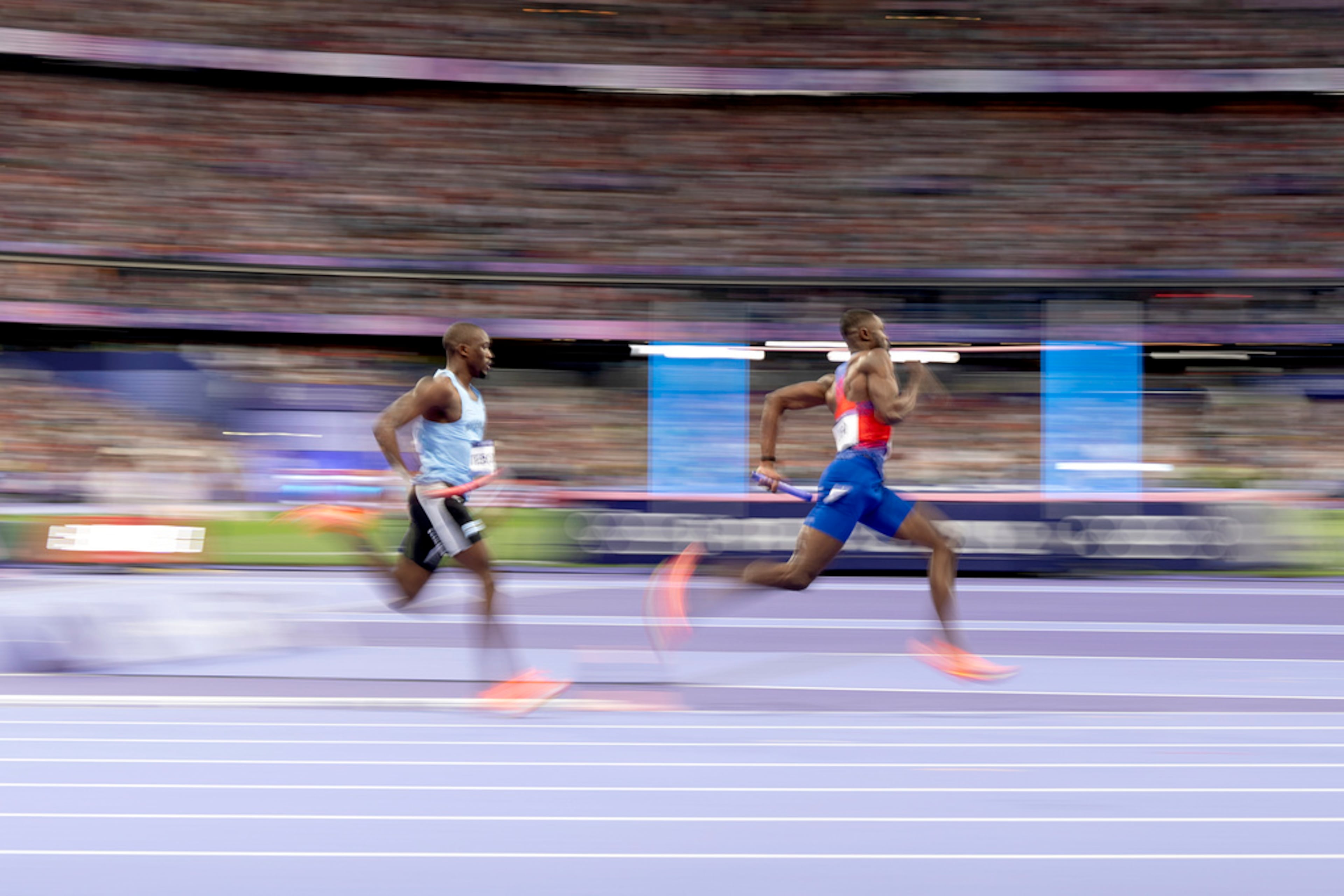












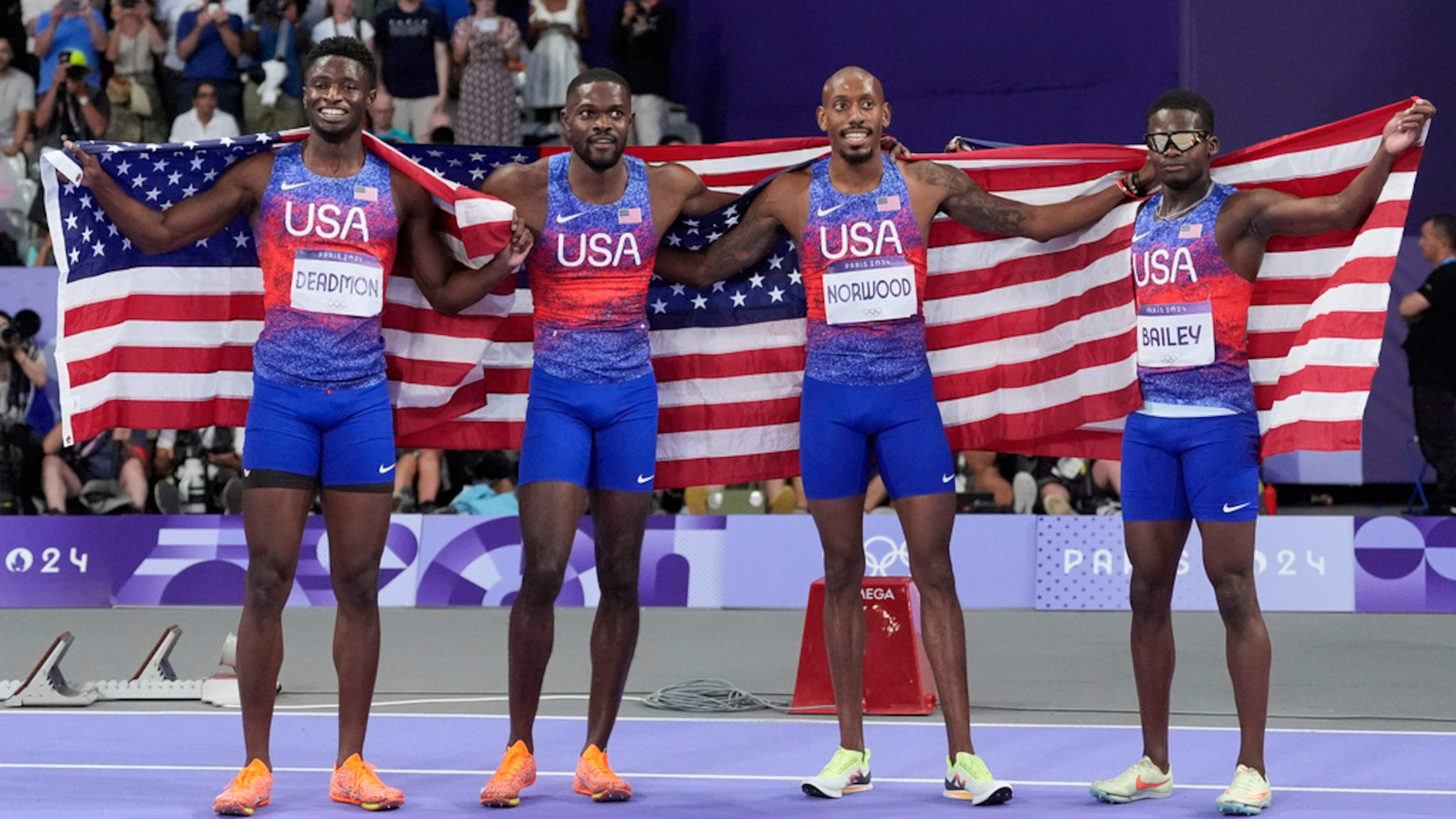
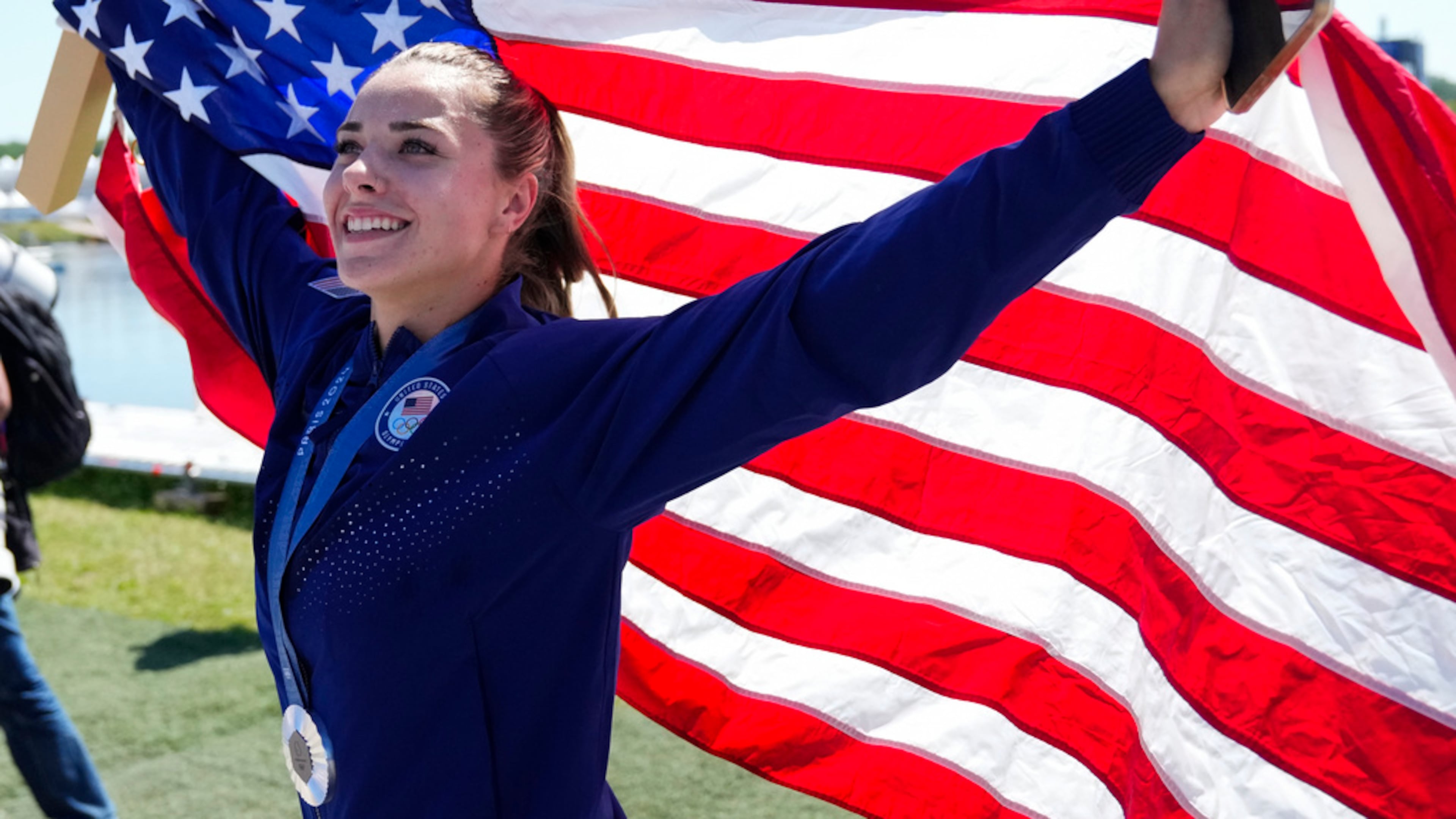
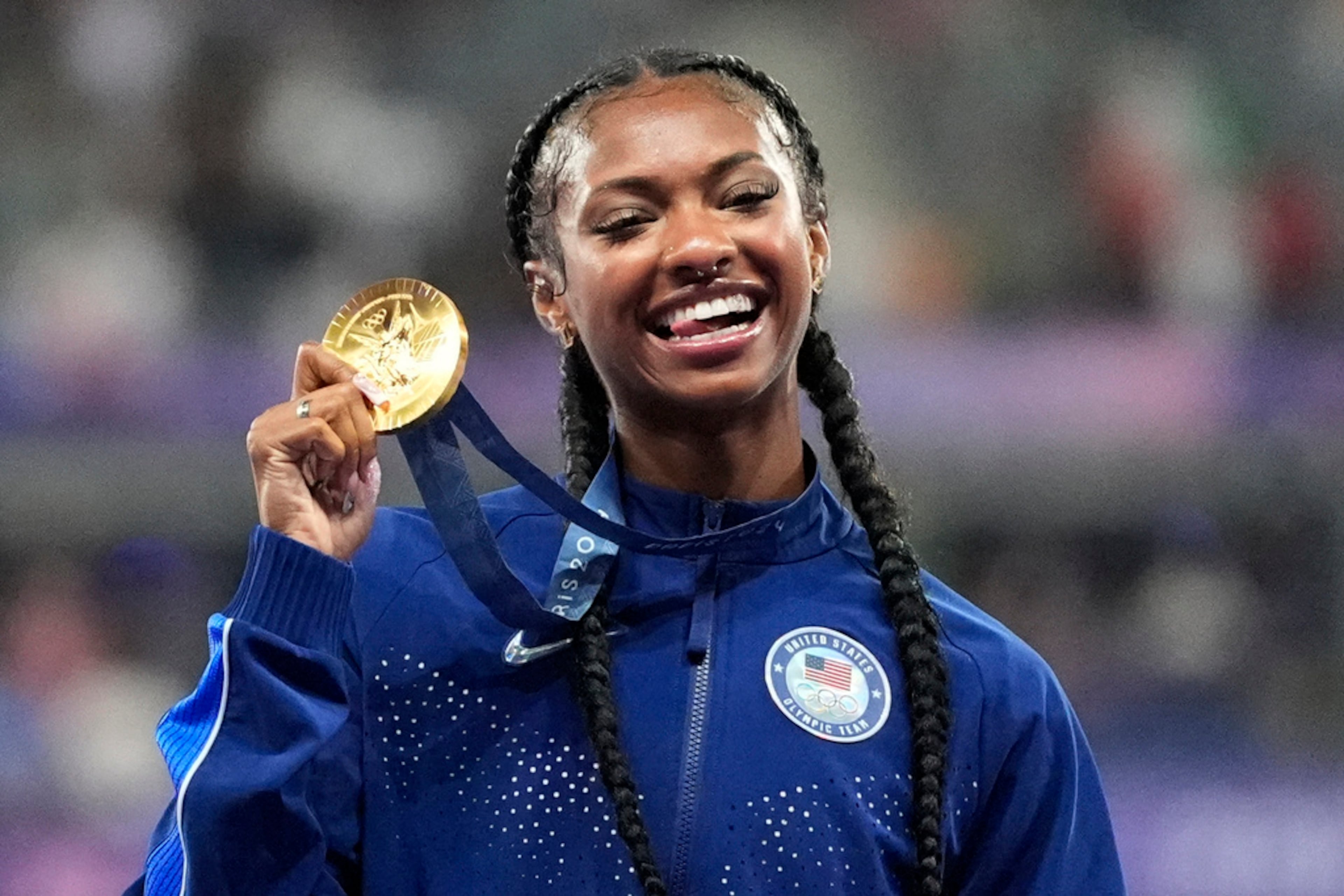


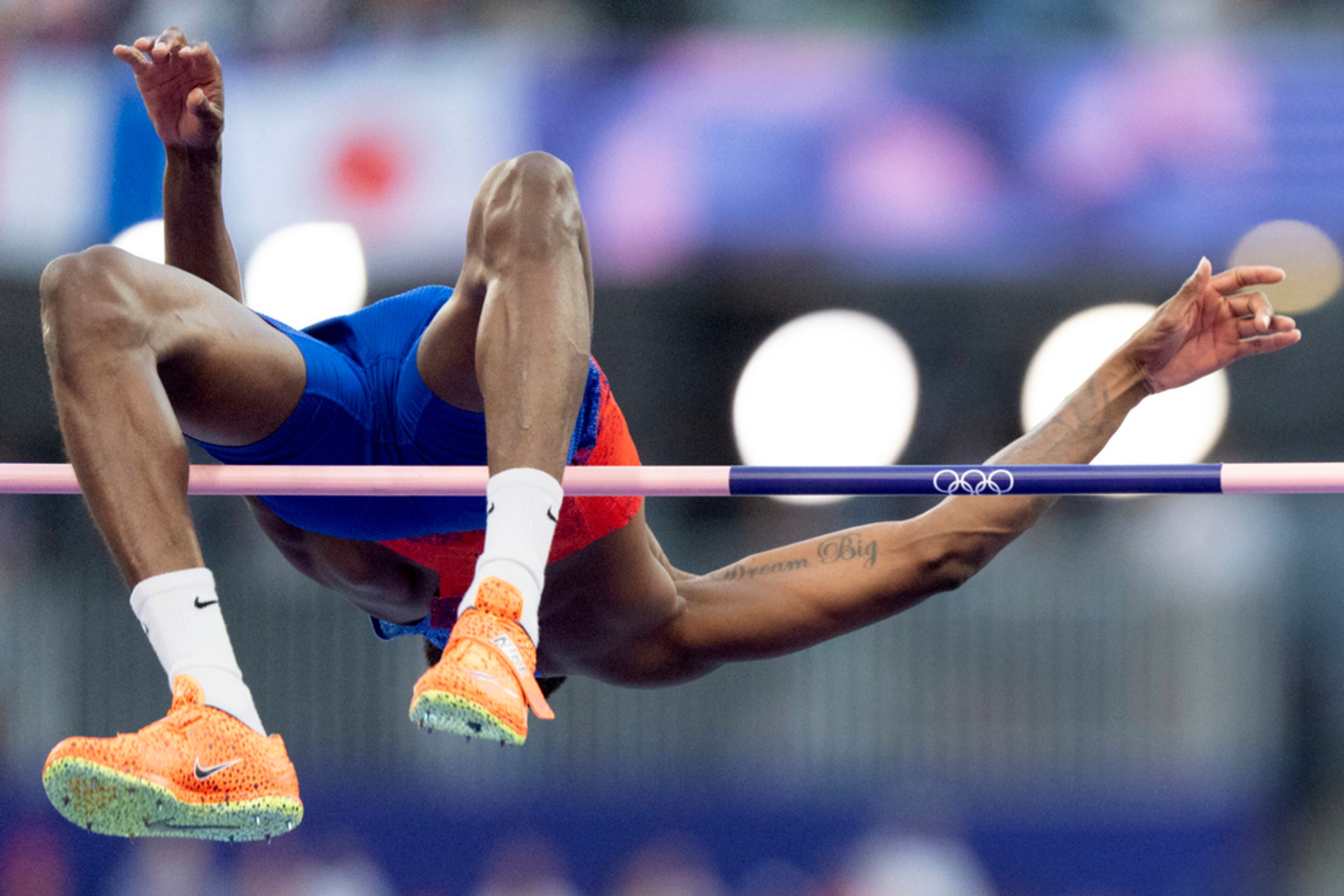

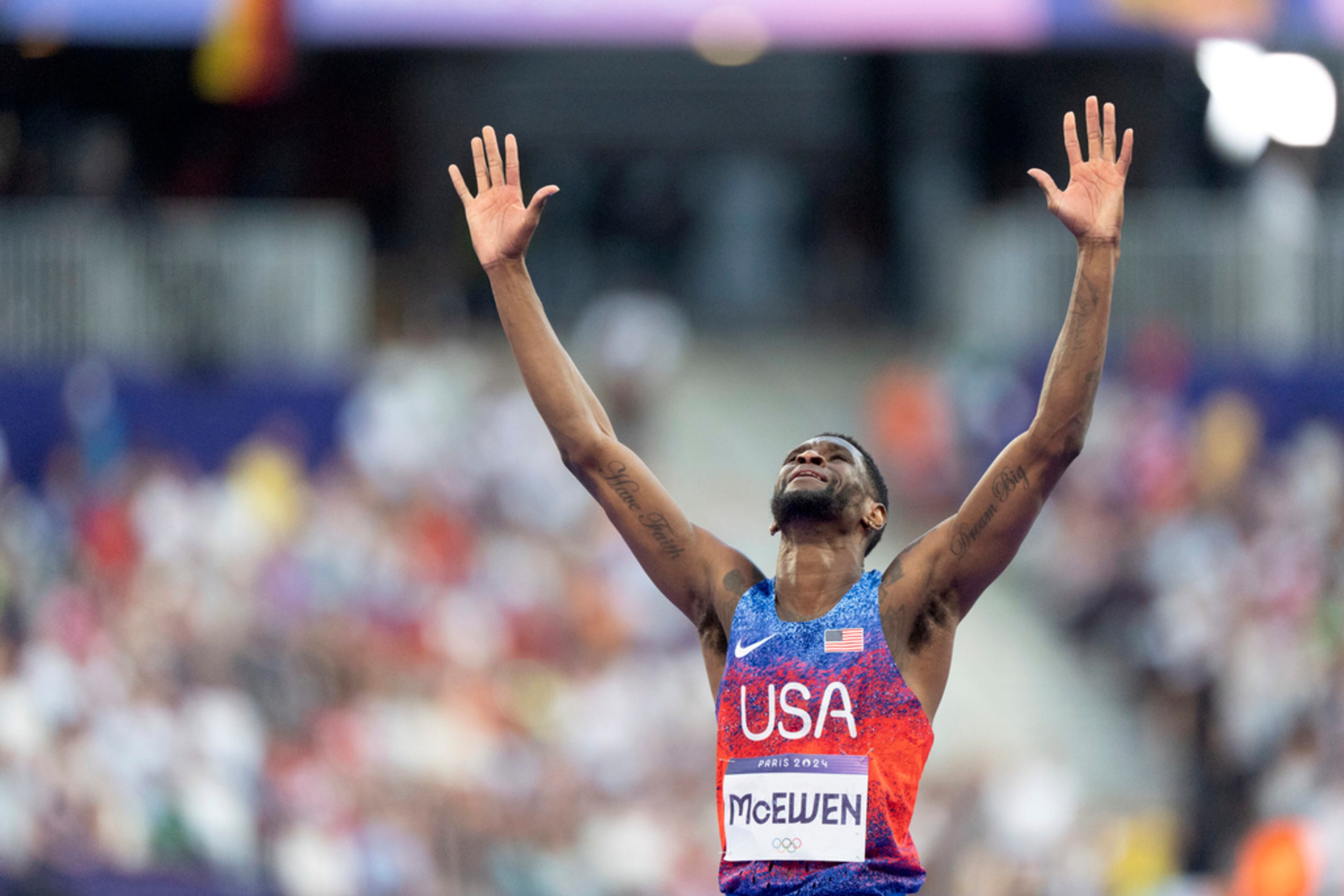




Bailey grew up in Atlanta and graduated from Carver High School. He bounced around in college from Mississippi Valley State to Tennessee and finally Arkansas, where he won the NCAA indoor 400 title in March 2023.
In June, Bailey competed in the Edwin C. Moses Legends meet in Atlanta, clocking 44.42 while running in his hometown for the first time in six years. This season, Bailey has consistently clocked under 44 seconds, while last year he only did it once.
“This is my fourth year under different circumstances,” said Bailey, who lives and trains in Arkansas. “Three different schools and now professional life. It’s definitely a change. As an athlete, we all adapt to change.”
One of the biggest changes is that Bailey is now considered one of the runners to beat in the 400.
“They all look out for each other,” he said of his friendly rivals. “They look out for me.”


